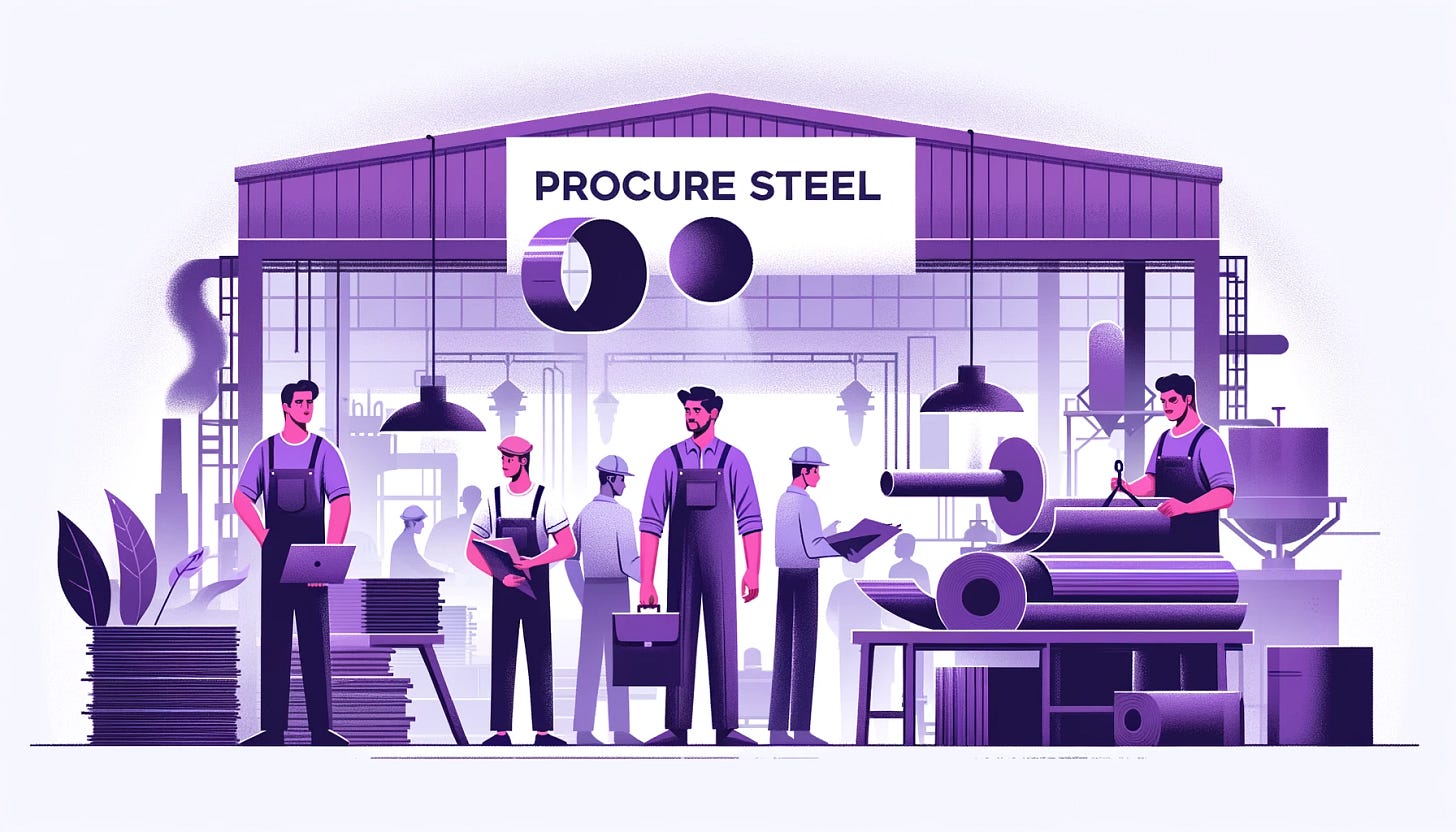How does the choice of credit impact steel procurement for MSMEs? Why is formal credit a smarter option than informal borrowing? Steel is a recurring, high-value expense, and the way it is financed shapes cash flow, compliance, and supplier trust. This blog outlines five key reasons why MSMEs should utilise formal credit, including predictable cash cycles, GST-linked savings, government compliance, strengthened distributor ties, and growth support through guarantee schemes.
Steel, as we know, is one of the most important purchases for businesses in India. It is not a one-time buy. Instead, it is a large, recurring cost that directly affects both profits and delivery timelines.
In most businesses:
Invoices run longer than the actual cash in hand.
Freight and labour payments come due before buyers release funds.
Suppliers ask for advance security to block steel at a fixed price.
When companies depend on informal borrowing to bridge this gap, three problems appear quickly:
High and uneven interest rates
No tax benefit or input credit trail
Limited trust from large mills and distributors
Formal credit changes this picture. Options such as bank working capital loans, TReDS platforms, or invoice discounting provide:
A predictable cash cycle to keep operations steady
Proper documentation for GST and audit compliance
Credibility with distributors, which matters when supply is tight
Think of it this way: Formal credit for steel procurement is not just money borrowed; it is a business strategy. It reduces landed cost per tonne, ensures compliance with government rules, and gives MSMEs a stronger footing in both private and public contracts.
By the end of this blog, you will understand the key reasons why formal credit for steel procurement makes purchase more predictable, cost-efficient, and reliable for MSMEs.


